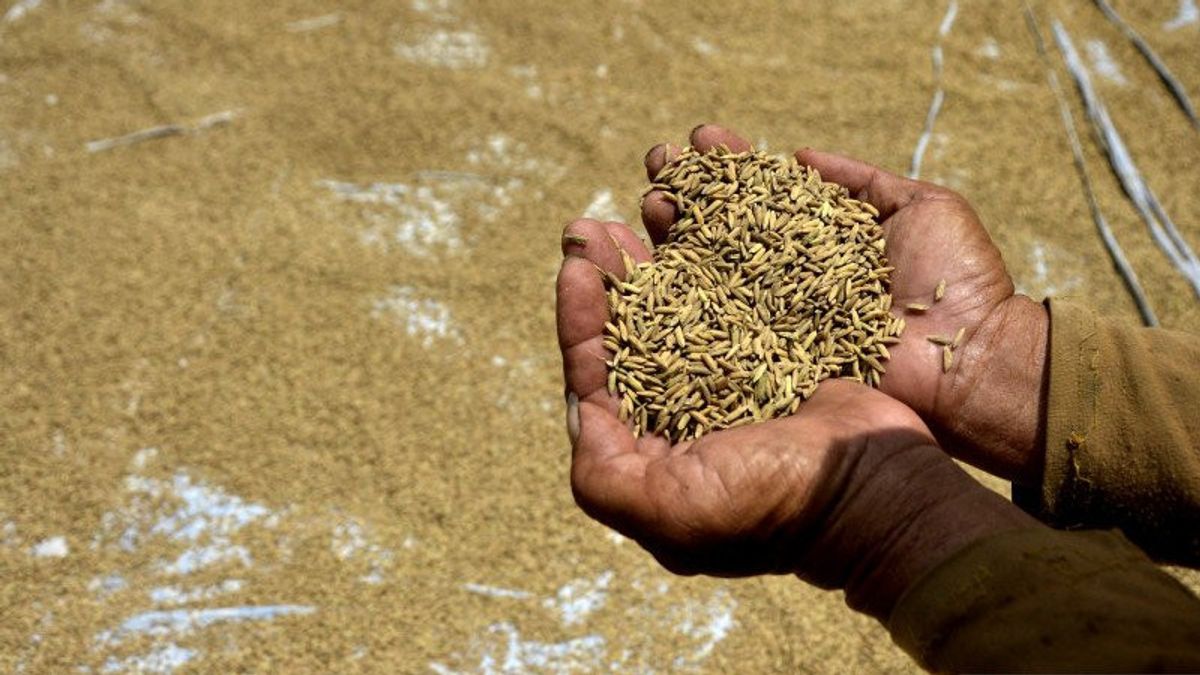JAKARTA - The government through the National Food Agency (Bapana) has announced an increase in the purchase price of the government (HPP) of unhulled rice and rice in response to the increase in production costs.
However, the Indonesian Farmers Union (SPI) is disappointed because the increase is not as expected.
As is known, the government has set the price of harvested dry unhulled rice (GKP) at the farmer level to Rp5,000 per kg from the original HPP of Rp4,200 per kg.
Chairman of the Indonesian Farmers Union (SPI) Henry Saragih expressed his objection to the price budget set by the government of IDR 5,000 per kg.
The reason is, this figure is still below the cost of producing farmers.
"SPI proposes HPP at Rp5,600 per kg, because the cost of production is Rp5,050, with the HPP of Rp5,000 still below production costs. Farmers are still losing money," he told reporters, Thursday, March 16.
On the other hand, Henry said, SPI assessed that the determination of the new HPP was very wide at the highest retail price (HET) set by the government.
For example, Henry continued, HET in zone 1, for premium quality rice amounting to Rp. 13,900 per kg, medium Rp. 10,900 per kg, and in Bulog Rp. 9,950 per kg.
The difference between the GKP HPP in farmers and the price of rice in Bulog, especially with the medium and premium HET, is very large.
The current grain produced by farmers is already using a combiner machine, a harvest machine whose percentage of unhulled rice to be used as rice is already at the 60 percent level, with a stocking machine which is only 55 percent which is increasingly rarely used by farmers. The majority of farmers now use a combine machine," he explained.
Therefore, Henry emphasized, the government should also issue multi-location HPPs, not single HPPs.
"Of course, if you want HET, there is premium and medium, the grain purchased by farmers must also have a price grade," he explained.
According to Henry, this HET with a medium and premium grade is an opportunity for big companies to buy grain at low prices and process it and then sell it at an expensive price.
"If the HPP policy is determined, the losses will still be on farmers, and large corporations with rice mills will be very profitable, on the other hand, consumers will get high and expensive rice prices," he concluded.
The English, Chinese, Japanese, Arabic, and French versions are automatically generated by the AI. So there may still be inaccuracies in translating, please always see Indonesian as our main language. (system supported by DigitalSiber.id)













